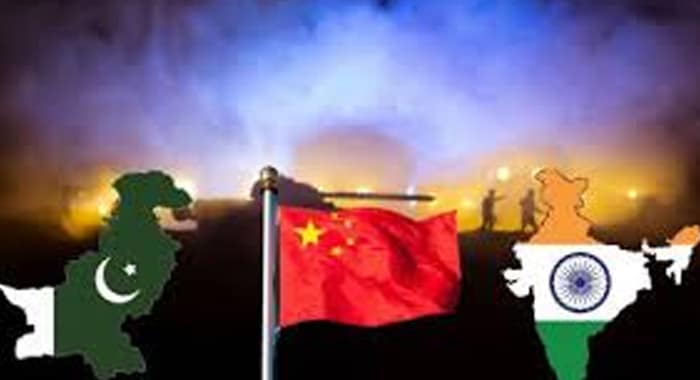Amid escalating tensions in South Asia, China has expressed its readiness to play a constructive role in securing a comprehensive and lasting ceasefire between Pakistan and India. The assurance was given by Chinese Vice Foreign Minister Sun Weidong during a meeting with Pakistan’s Ambassador to China, Khalil Hashmi.
Reaffirming Beijing’s consistent support for regional peace and stability, Sun said China welcomes and supports efforts aimed at achieving a durable ceasefire between the two neighbouring countries. “China is prepared to play a constructive role in this regard,” he stated.
The meeting underscored Beijing’s deep concern over the recent hostilities and its commitment to promoting de-escalation through dialogue and diplomacy.
Escalation on the Line of Control
The Chinese statement comes in the backdrop of renewed hostilities triggered by a recent attack in Pahalgam, located in Indian-occupied Kashmir. In what Pakistan has strongly condemned as cowardly aggression under the cover of darkness, India carried out strikes during the night of May 6 and 7 targeting civilian areas in Azad Jammu and Kashmir, including Kotli, Muzaffarabad, and Bagh, as well as Muridke and Ahmadpur Sharqia in Punjab.
The Indian attacks resulted in the martyrdom of 31 Pakistani civilians, including two children, while 51 others were injured. Two mosques were also destroyed in the strikes.
In a swift and forceful response, the Pakistan Air Force shot down three Indian Rafale fighter jets, one MiG-29, one SU-30 aircraft, and a combat drone involved in the assault.
On the morning of May 10, Pakistan launched Operation Bunyān Mársūs (Iron Wall) in response to Indian aggression. During the operation, over ten high-value military targets were successfully hit inside Indian territory. Pakistan’s precision strikes reportedly destroyed India’s S-400 air defence system and key airbases including Adampur and Udhampur.
The armed engagement, spanning from April 22 to May 9, has officially been named “Operation Haq” (Operation of Truth) by Pakistan.
As international calls grow louder for restraint and resolution, China’s offer to mediate signals a significant diplomatic overture aimed at defusing one of the most volatile confrontations in the region in recent years.





